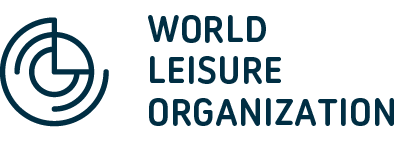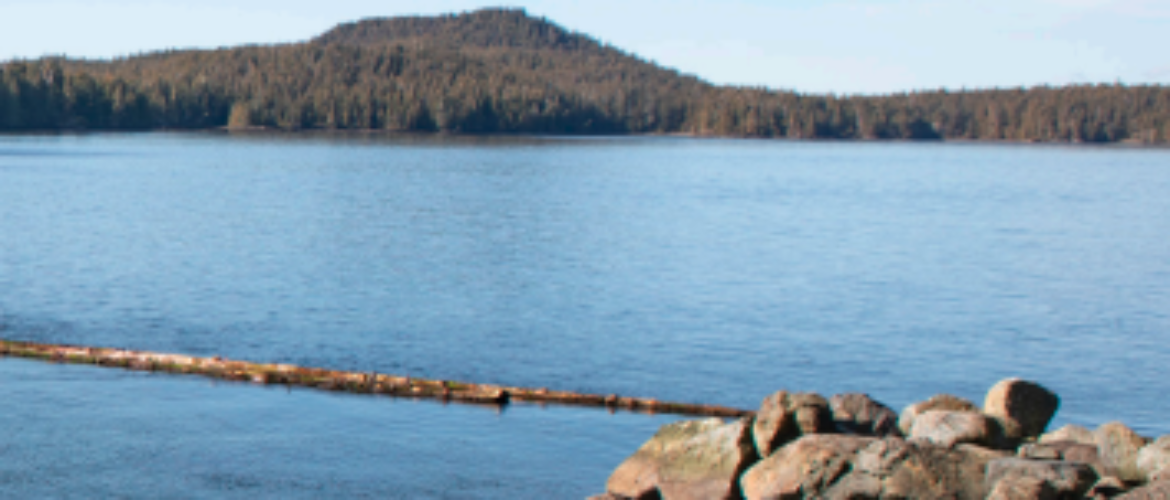The WLCE at Vancouver Island University, in partnership with the Heiltsuk Tribal Council and the North Island College both from Canada, has recently launched a report based on the findings and considerations after years of implementation of its Indigenous Ecotourism Training Program (IETP) titled “Enhancing Community Capacity and Evaluating Place-Based Pedagogy in Indigenous Tourism”.
The IETP academic program offers a unique, innovative, community-based program that aims to improve learning outcomes for First Nations students, through hands-on training in communities that are operating Indigenous ecotourism businesses. Its recent report, whose research started in 2020 with the intent to evaluate the program after five years of implementation, aimed to complement the capacity-building program with a research component to benefit six First Nations located in the coastal region of British Columbia, by informing and supporting the development of Indigenous-led tourism.
This collaborative research was divided in two streams, Mapping of Tourism Assets, and Evaluation of the Place-Based Pedagogy Within IETP; it included partners from First Nations’ communities and students from the 2021 IETP cohort to assist with the inventory of the tourism assets in the partner communities. Additionally, an evaluation of the place-based pedagogy used in IETP was completed in each community. By capturing and evaluating the experiences of students, instructors, stakeholders, and community partners, the participants could better understand Indigenous ways of learning and knowing, informing education models moving forward.
To read the full report, click here.





Leave a Comment